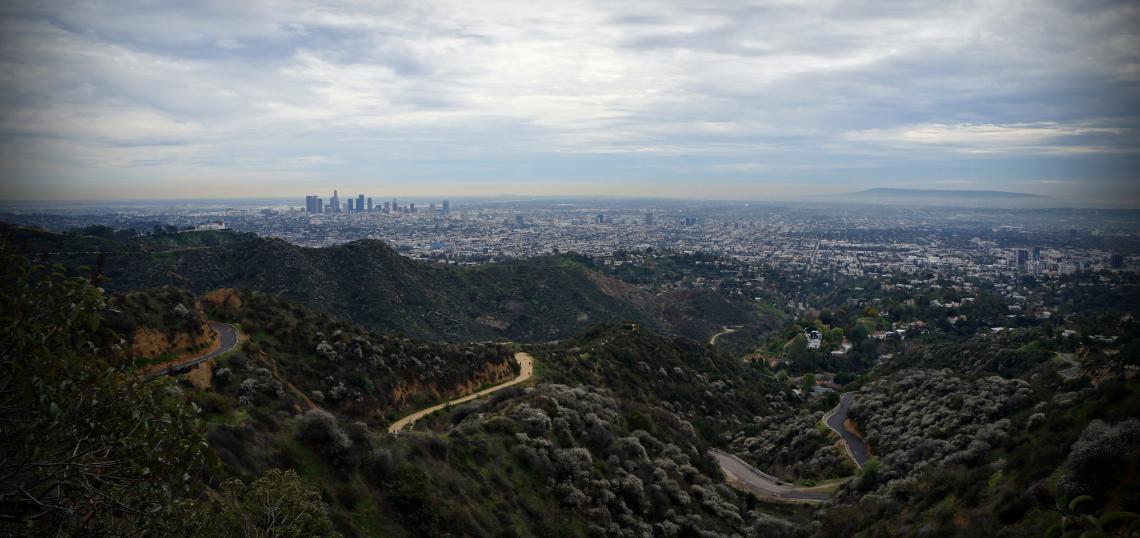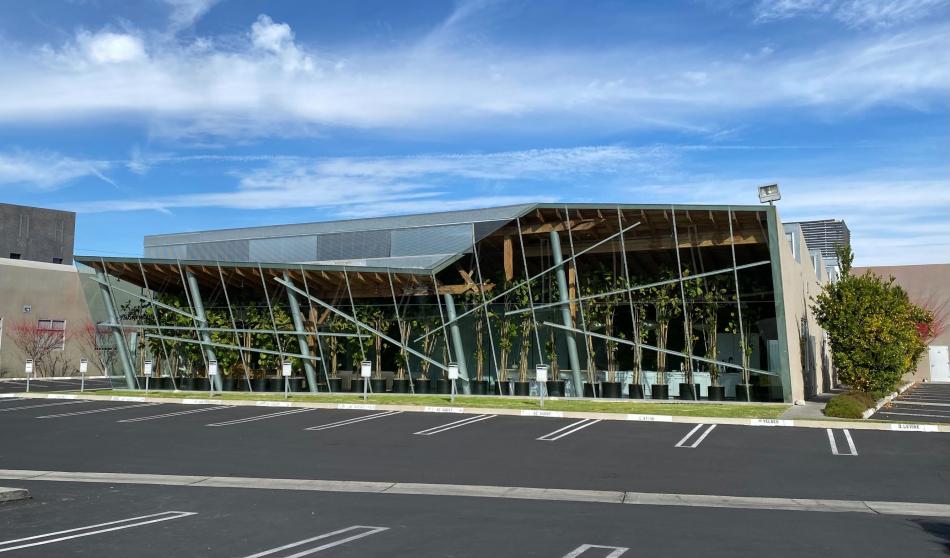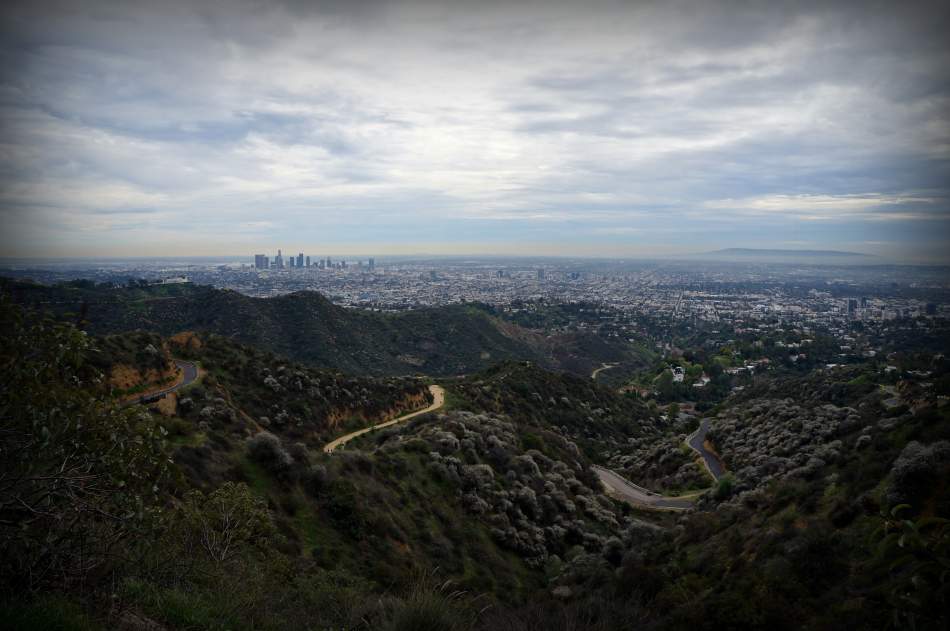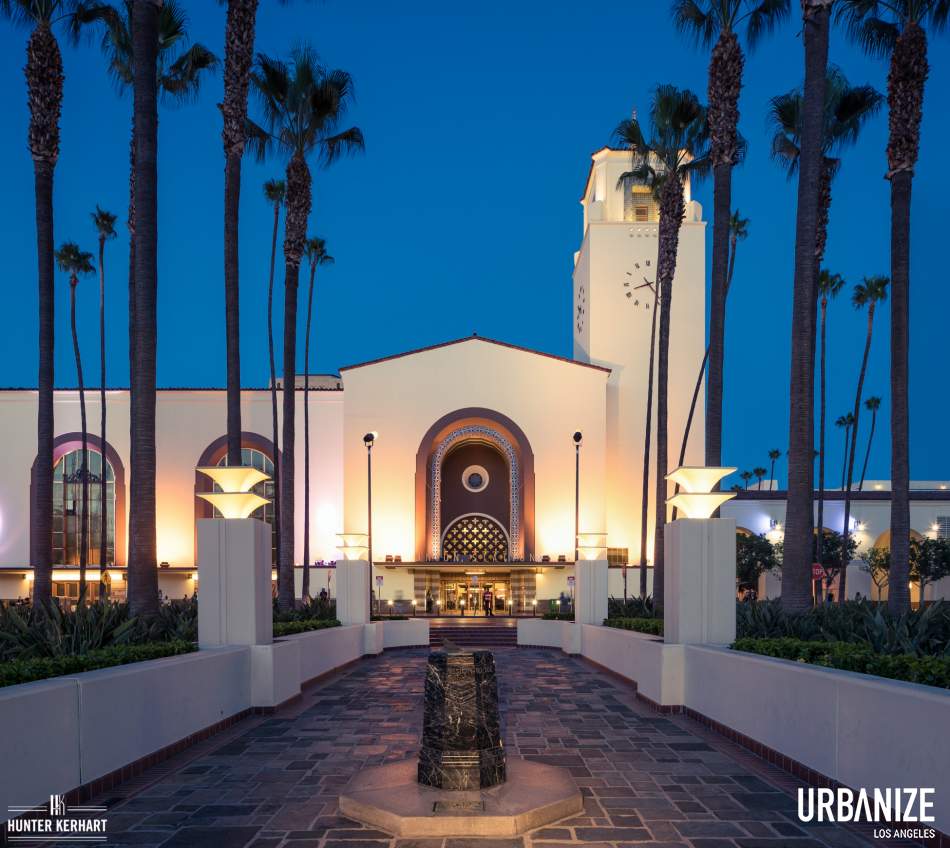Transit agencies across California have been awarded more than $236 million in Federal grants to transition to zero-emission buses - and Los Angeles is poised to receive the lion's share.
Of the statewide total, Los Angeles Metro will take in just over $104 million. Transit agencies statewide, are required to only purchase zero emission buses starting in 2029, with the aim of a full transition to a zero-emission fleet by 2040. Metro has already gotten a start on that goal, with full electrification on the G (Orange) Line completed as of2021, and electrification of the Silver (J) Line set to follow.
“Transitioning to zero-emission buses is a major step we can and should be taking to combat climate change and improve the air quality in our communities,” said Senator Alex Padilla in a news release. “Many cities and transit agencies across California are already developing and implementing projects to move to zero-emission buses—this funding will help those efforts charge forward. It is important we continue to invest not only in cleaner vehicles, but also in the infrastructure needed to support them. That’s why I will continue to advocate for more funding to transition to buses that are better for our environment and public health.”
MarketCast, a media company specializing in market research and data analytics, has inked 15,482-square-foot lease at 3532 Hayden Avenue in Culver City's Conjunctive Points complex for its Los Angeles headquarters, JLL announced this week.
"Media and tech companies like MarketCast are continually looking for unique office space that fits their culture, vibe and brand,” said JLL Managing Director Micheal Geller in a statement. “This building allows MarketCast to create an environment where its employees are enticed and where it can continue to grow.”
JLL’s Micheal Geller and Gabe Brown represented the landlord, Laurie Samitaur Smith of Samitaur Constructs, while MarketCast was represented by Matthew Miller of Cushman Wakefield.
The building, like the rest of Samitaur's Hayden Tract properties, was designed by Eric Owen Moss Architect. It is highlighted by a slanted glass wall façade and a sawtooth roof.
Here's what we're reading this week:
That Car Ban In Griffith Park Is Now Permanent — And More Road Changes Are On The Way "Back in late June, a ⅔ mile section of Griffith Park Drive was closed to car traffic from the Travel Town Museum to Mt. Hollywood Drive. The road had become a popular route for speeding drivers looking to avoid slowdowns on the nearby 134 and 5 freeways. That made the park a dangerous place for the people walking, biking, riding horses or otherwise enjoying the public space as intended." (LAist)
Here’s where California’s cliffs are collapsing into the sea the fastest "Overall, the highest rates of erosion were detected in the counties of Mendocino, Humboldt and Del Norte. Hot spots there include Usal Beach, the King Range, Centerville Beach — which are all part of a region known as the Lost Coast — and an area about two miles north of the Klamath River." (LA Times)
Caruso touts support of Hollywood, while his firm battles studio expansion near the Grove "As a candidate for mayor, real estate developer Rick Caruso has spoken of the need to keep entertainment productions within the city of Los Angeles. But as a businessman, Caruso is enmeshed in a fight over plans to modernize and expand L.A’s storied CBS Television City studios, located next to the Grove, the flagship retail complex Caruso developed two decades ago." (LA Times)
CicLAvia–Meet the Hollywoods Don't forget, CicLAvia is back this weekend with a route along Hollywood, Highland, and Santa Monica (CicLAvia)
Metro Report: Metro Freeway Expansion Negates Agency’s Other Greenhouse Gas Reduction Efforts "In a damning report assessing Metro’s contribution to the climate crisis, Metro found that its transit initiatives are inadequate to offset the significant increase in greenhouse gases resulting from Metro’s own freeway expansion projects." (Streetsblog LA)









